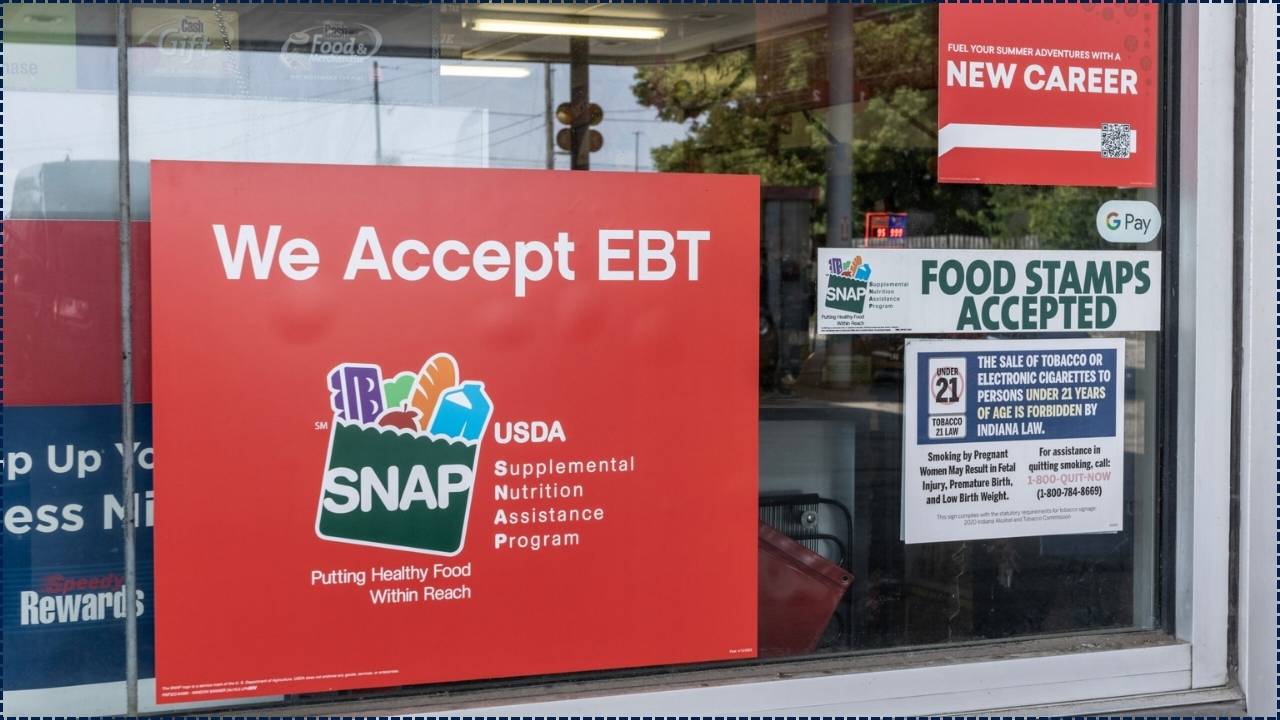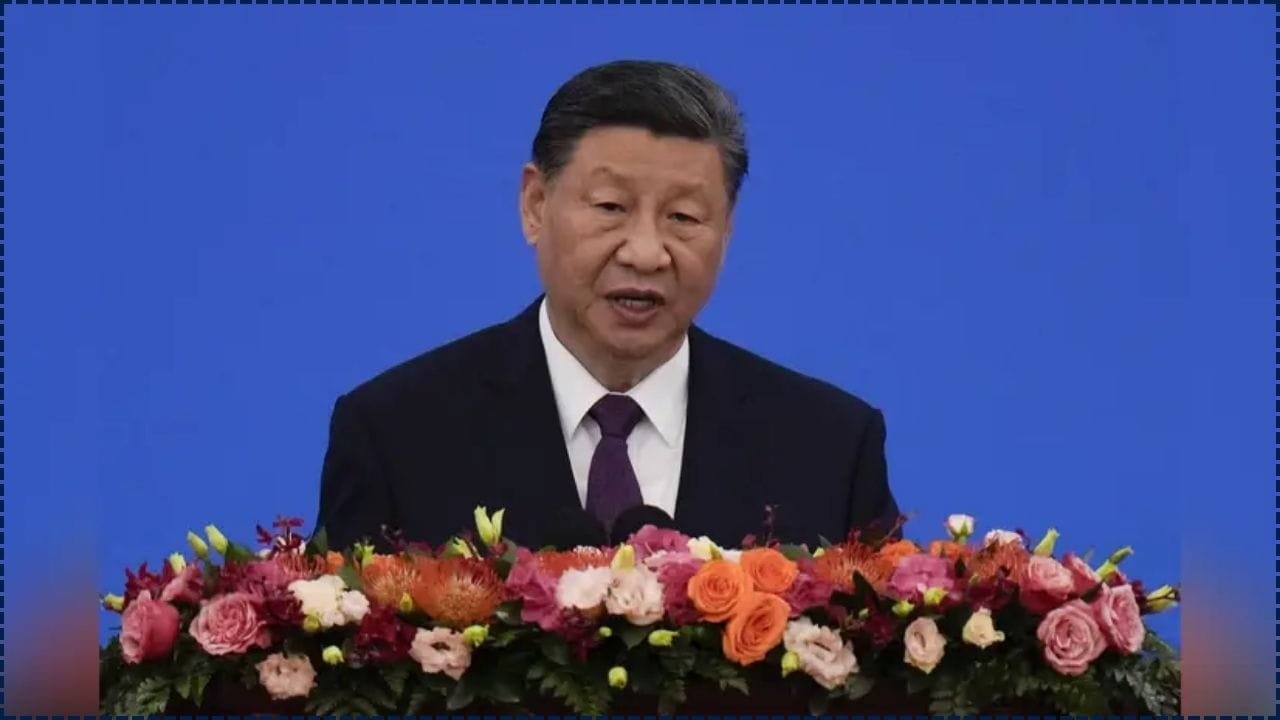Estate Planning During Turbulent Times: Estate planning during turbulent times may not sound like the most exciting thing in the world—but when markets are bouncing like a basketball and the economy’s mood swings are giving you whiplash, it could be exactly the time to act. Believe it or not, financial turbulence can offer you some surprising advantages if you play it smart.

In this guide, we’ll break down how market dips, volatility, and lower valuations can become your secret weapons in crafting a powerful, tax-efficient estate plan.
Estate Planning During Turbulent Times
| Estate Strategy | Tactical Advantage |
|---|---|
| Gifting Depreciated Assets | Lower asset values = more assets transferred with less tax |
| Grantor Retained Annuity Trusts | Lock in low values now, transfer future growth tax-free |
| Roth IRA Conversions | Pay taxes on lower values now, enjoy tax-free growth later |
| Tax-Loss Harvesting | Offset gains, reduce taxable income |
| Intra-Family Loans | Lock in low interest rates for efficient wealth transfer |
| Official Resource | IRS Estate Planning Resources |
Volatility might feel like chaos, but for estate planning, it’s actually an open window of opportunity. Lower asset values, favorable interest rates, and smart tax strategies mean you can lock in long-term benefits for your family—all while the market’s acting up.
Whether you’re gifting depreciated assets, starting a GRAT, or converting to a Roth IRA, turbulent times can work in your favor—if you know how to use them. Don’t wait for the calm. Start planning now.
Why Estate Planning Matters More During Volatility
Market Dips Can Mean Big Tax Savings
When markets dip, so do the values of your investments and assets. That’s actually a good thing for estate planning. If you’re planning to transfer wealth—say, to your kids or grandkids—you can move more assets now while they’re worth less. When the market bounces back, the appreciation happens outside your estate. That means lower gift and estate taxes down the road.
Proven Strategies to Leverage During Volatile Times
1. Gifting Depreciated Assets
Let’s say your tech stock took a hit in a downturn. You could gift shares to your heirs now, when the price is low. Because the gift is valued lower, you use less of your lifetime gift tax exemption. If the stock rebounds, your heirs get that gain—and it’s out of your taxable estate.
Quick Example
- 100 shares worth $50/share = $5,000 gift value now
- If it bounces back to $100/share later, that’s $10,000 in value transferred—with just $5,000 counting against your gift exemption
2. Grantor Retained Annuity Trusts (GRATs)
GRATs let you transfer the future growth of assets to your heirs with little to no gift tax. During a market downturn, this becomes even more powerful. You put undervalued assets into the GRAT. If they grow beyond the IRS interest rate (called the 7520 rate), your heirs get that extra growth tax-free.
3. Roth IRA Conversions
In a volatile market, your traditional IRA may have dropped in value. That makes it the perfect time to do a Roth conversion. You’ll pay taxes on the lower balance now, and all future gains grow tax-free in the Roth.
Real-Life Impact
- Traditional IRA drops from $200,000 to $150,000
- Convert now, pay tax on $150,000 instead of $200,000
- When it rebounds? All growth is tax-free
4. Tax-Loss Harvesting
If you’ve got some stocks in the red, harvesting those losses can help you offset capital gains elsewhere in your portfolio—and even reduce your ordinary income taxes up to $3,000 per year.
Pro tip: You can even rebuy similar assets after 31 days to maintain your long-term allocation while capturing the loss.
5. Intra-Family Loans
Low interest rates during economic uncertainty? That’s prime time to issue intra-family loans. You can lend money to family at below-market interest rates, helping them invest or buy property—without using up your gift exemption.
IRS minimum rates (Applicable Federal Rates or AFRs) apply, but they’re usually much lower during economic slowdowns.
FAQs On Estate Planning During Turbulent Times
Q: Is estate planning just for the wealthy?
A: Nope. Even folks with modest assets can benefit. If you own a home, have a retirement account, or just want to avoid probate, estate planning is key.
Q: What’s the gift tax limit for 2025?
A: The annual exclusion is $18,000 per recipient, and the lifetime exemption is $13.61 million per individual. This means you can give a lot without tax consequences, especially when values are down.
Q: How do I start a GRAT?
A: You’ll need an estate planning attorney and a financial advisor to draft and manage the trust properly.
Q: What happens if the market keeps falling?
A: These strategies aren’t guaranteed wins, but they offer long-term potential. Always discuss with your advisor before acting.
Q: Are these strategies reversible?
A: Some, like Roth conversions, are permanent. Others, like GRATs, have specific terms and timeframes. Know the rules before jumping in.
Steps to Get Started Today
1. Review Your Assets
Make a list of what you own and how much it’s worth—investments, real estate, retirement accounts.
2. Talk to a Pro
Get a qualified estate planner and tax advisor on board. They’ll tailor a strategy that fits your situation.
3. Look for Downturn Deals
Identify investments that have dipped in value but you still believe in long-term. These are prime candidates for gifting or transferring.
4. Consider Your Legacy
Think about your goals—do you want to help kids with a home purchase? Support a cause? Structure your plan around those dreams.












